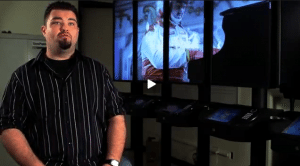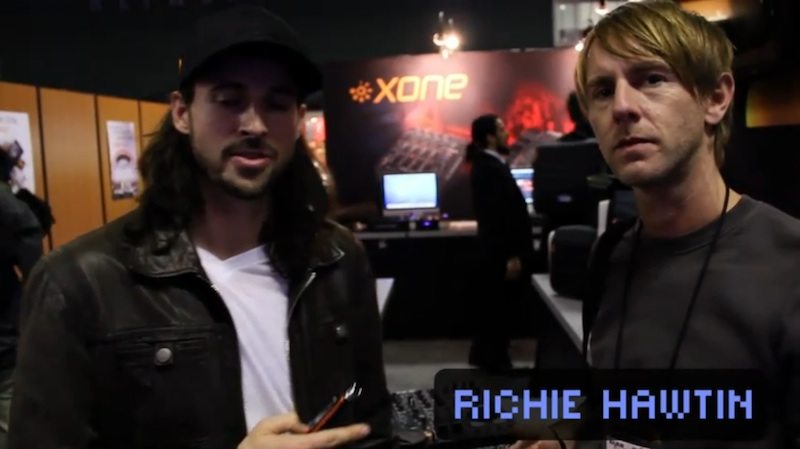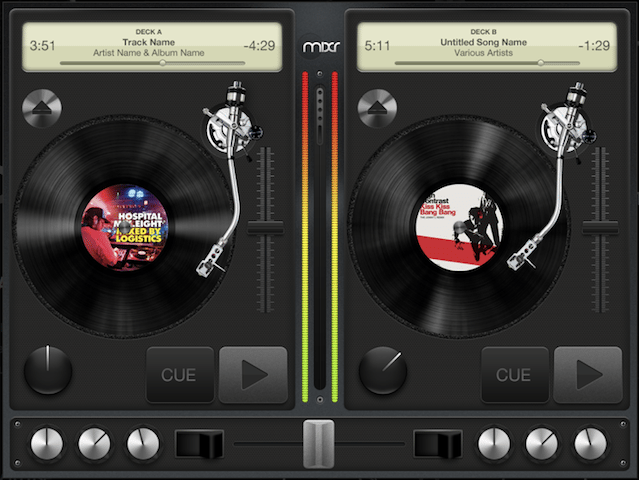Last week, the world’s largest music company, Universal Music Group CEO Lucian Grainge, testified in front of the Senate Judiciary Committee’s antitrust subcommittee, in a bid to defend the company’s intended merger with EMI Group’s music labels. A merger would give the combined companies an estimated 40% market share and shrink even further the major label system from 4 to 3: a combined UMG-EMI, Sony Music and Warner Music Group.
A proponent of the merger, EMI Group’s CEO Roger Faxon recently said, “Good music quickly rises to the top. The skill is in finding that music, and helping to connect it with an audience — and that skill is not confined to one company or group of companies… Major record companies are no longer the gatekeepers.”
Opponents of the merger, including Beggars Group founder/chairman Martin Mills, Gigi Sohn of consumer group Public Knowledge and Warner Music Group director, Edgar Bronfman Jr., argue that approving the merger would give a combined UMG-EMI a monopoly position in the marketplace and the power to dictate terms of digital licensing, which would stifle innovation and affect consumer pricing. In Bronfman’s testimony before the committee, he said, “As the market becomes more concentrated, as one company essentially controls half of the hits and 40% of the overall market, the ability for a third company to influence the outcome becomes smaller and smaller … At 50% of the hits, Universal can say no to anything.”
The power major labels have over digital music services is clearly apparent when you look at the list of shareholders in Spotify, the popular digital music service from Sweden, which operates a streaming music model. Tech Crunch uncovered a list of investors by percentage of ownership in Spotify, which shows that Sony Music owns the largest share of the service among the major labels at 5.8%. Universal Music Group owns 4.8%, Warner Music Group hold 3.8% and EMI has 1.9% of the company. What this means for start-ups or other companies seeking to license major label catalogs for their emerging music services, is that they not only need to negotiate a license fee for use of major label artists in their services, but they may also have to give up a share of their company in order to fully develop their services into offerings that would appeal to the mass market music consumer.
Is there justification for major labels to ask for a share of a digital music start-up in addition to a license fee? That depends on who you ask, but generally speaking, whoever controls the content is in a strong market position to dictate the terms of the deal. Digital music services, for all intent and purpose, depend on access to major label content to power their apps and websites. The road is littered with defunct services who have collectively paid the major labels millions of non-refundable dollars for access to content, but could not survive because they could not make a return on their investment.
Sure, there’s an argument to be made by Business Development executives at major labels who might say major labels bear little responsiblity for whether a new digital music service survives or fails. That would be true if your of the school that believes labels have zero responsibility in working with their new digital partners to see that these services survive and thrive, but major labels are very selective about who they license to, because there is a risk in licensing content to services who water down your content or treat it in a way that might devalue that content to the end user.
The fact is, a combined UMG-EMI merger would almost certainly make it onerous for new digital music services to come online and innovate. Since Spotify arrived and Turntable.fm exploded (and then waned), there haven’t been very many digital music initiatives announced. Sure, MySpace is trying to make a go out of relaunching their service, but it remains to be seen how they will use major labels music, if at all.
Each time the major labels license a service and then control a percentage stock in the new company, doesn’t it stand to reason that if a competitor were to try and come online, major labels might act to protect their investments by making it onerous for the new company to get a fair deal? At this point, if you wanted to launch a new digital music service that competes with the likes of Spotify, wouldn’t Spotify’s CEO make a phone call to the four major labels that hold an interest in Spotify to influence the outcome?
Another issue that is always overlooked when licensing digital music services is: who still works at a label to help these services work with the content and the artists? As more digital music services vye for market position, they require the expertise, knowledge and relationships labels have built with artists and manager over time. Given that labels have axed hundreds of staffers in layoff after layoff, is there really anyone left at a label to give these services the appropriate level of account management it takes to support new initiatives?
The number one issue that most services run into when working with major labels, is that major labels do not control what an artist does or does not do, when it comes to using the artists likeness and image in 3rd party websites or applications. There are artists who, even after you have licensed their music content from the major labels for $1M minimum guarantee, will demand additional minimum guarantees to use their image in your service. New social music services might be able to license a catalog from a major label, but that does not mean they get artist or management by in to any co-marketing initiatives or promotions. The artist still has to agree to whatever it is the service wants to plan, beyond just selling music. The artist can say no and the label can’t much do anything about it. Sure, they can tell the artist it’s in their best interest to work with a service who makes an inquiry, but with if one service gets favored nation treatment from a label, then all the others will say, “what about us?”
The best path forward to next generation social music services might then be to do direct deals with independent artists and labels with terms may certainly be much more favorable. For thriving services like Reverb Nation, BandCamp, BandZoogle and new ones coming online like Conquer Entertainment (disclosure: I am the Director of Product Development, Music Services), the best path forward is to grow these businesses to the point that consumers look to these companies for music discovery.
In order to thrive, these companies must attract and maintain their audiences through innovative technology and a suite of services that help artists reach new fans and fans discover new music that is worthy of following. New social music services must tie online to offline and grow through traditional channels like events and touring and merchandising. Or, find new streams of revenue for artists through licensing or brand partnerships.
As the music marketplace becomes saturated with major label, pop content, it’s very important to think like a major and not only serve your audience online, but serve them offline as well.




